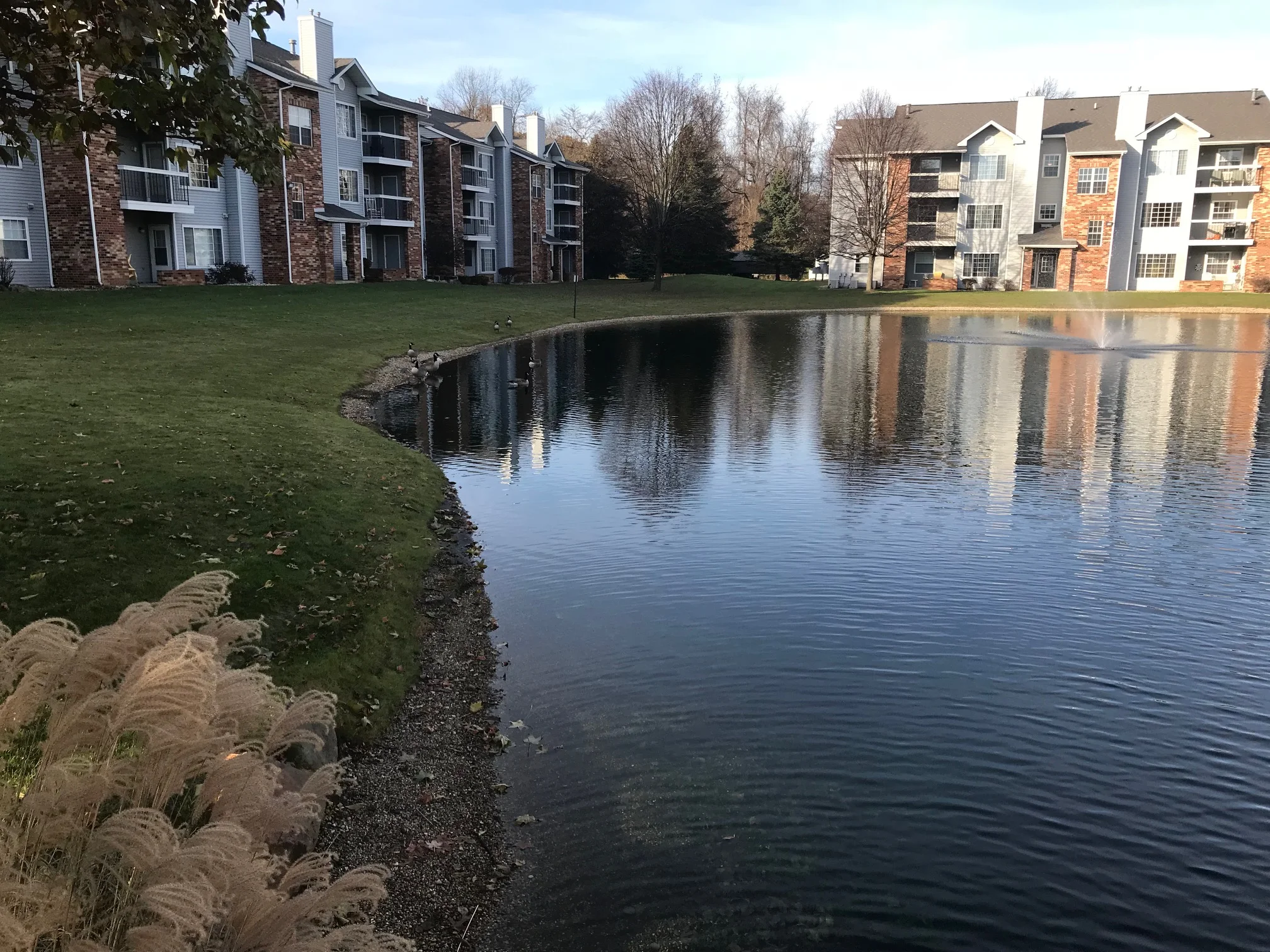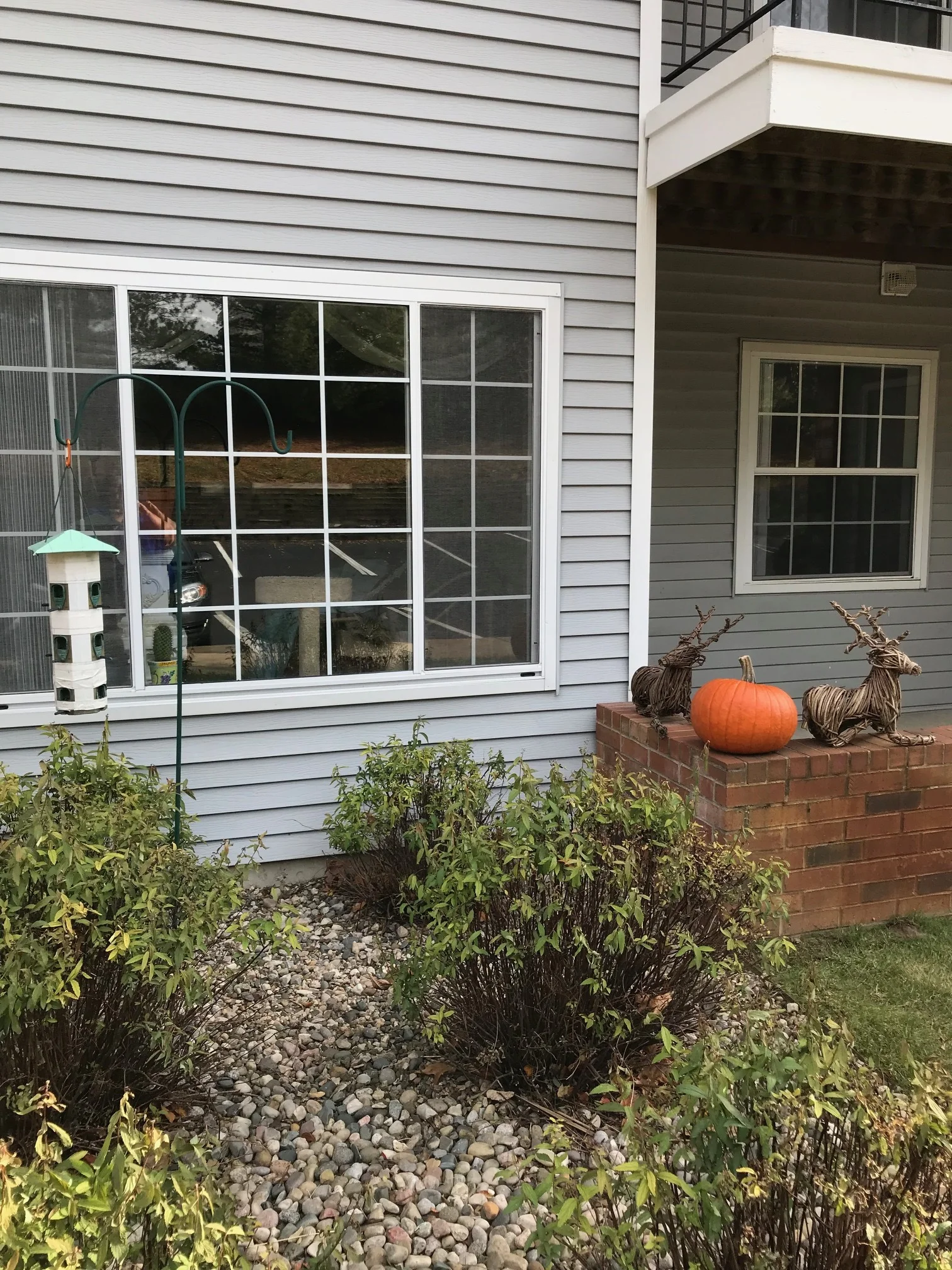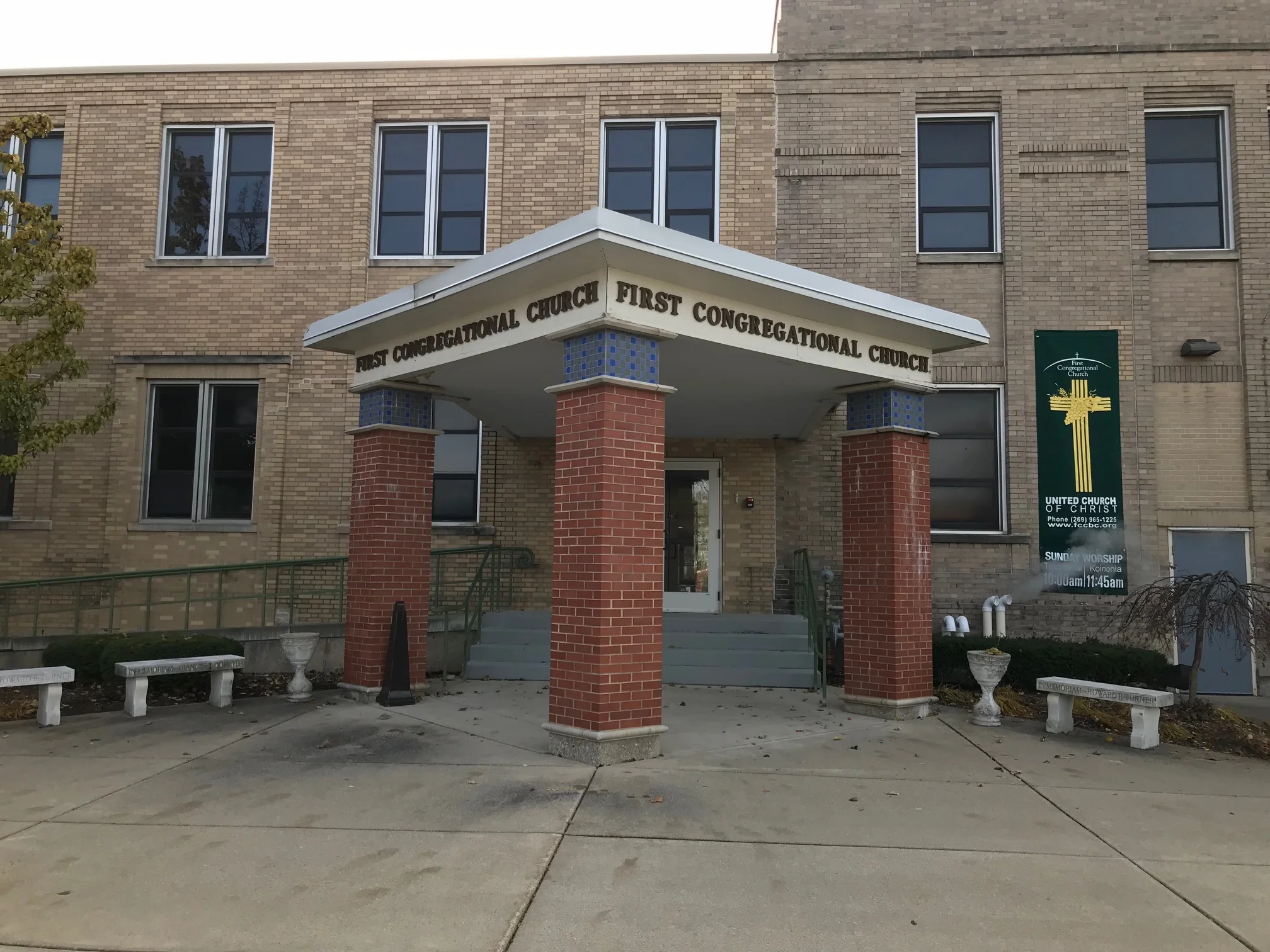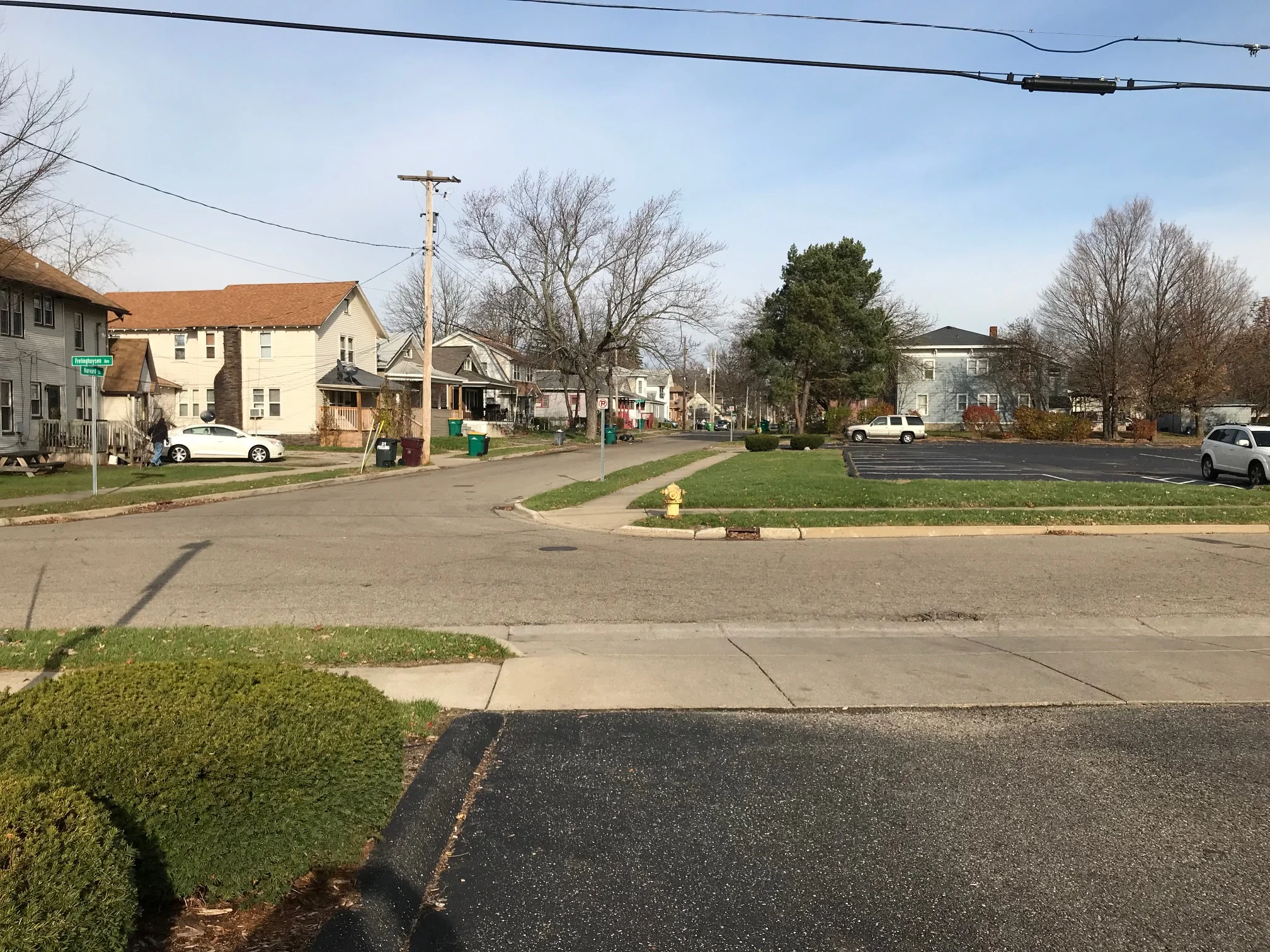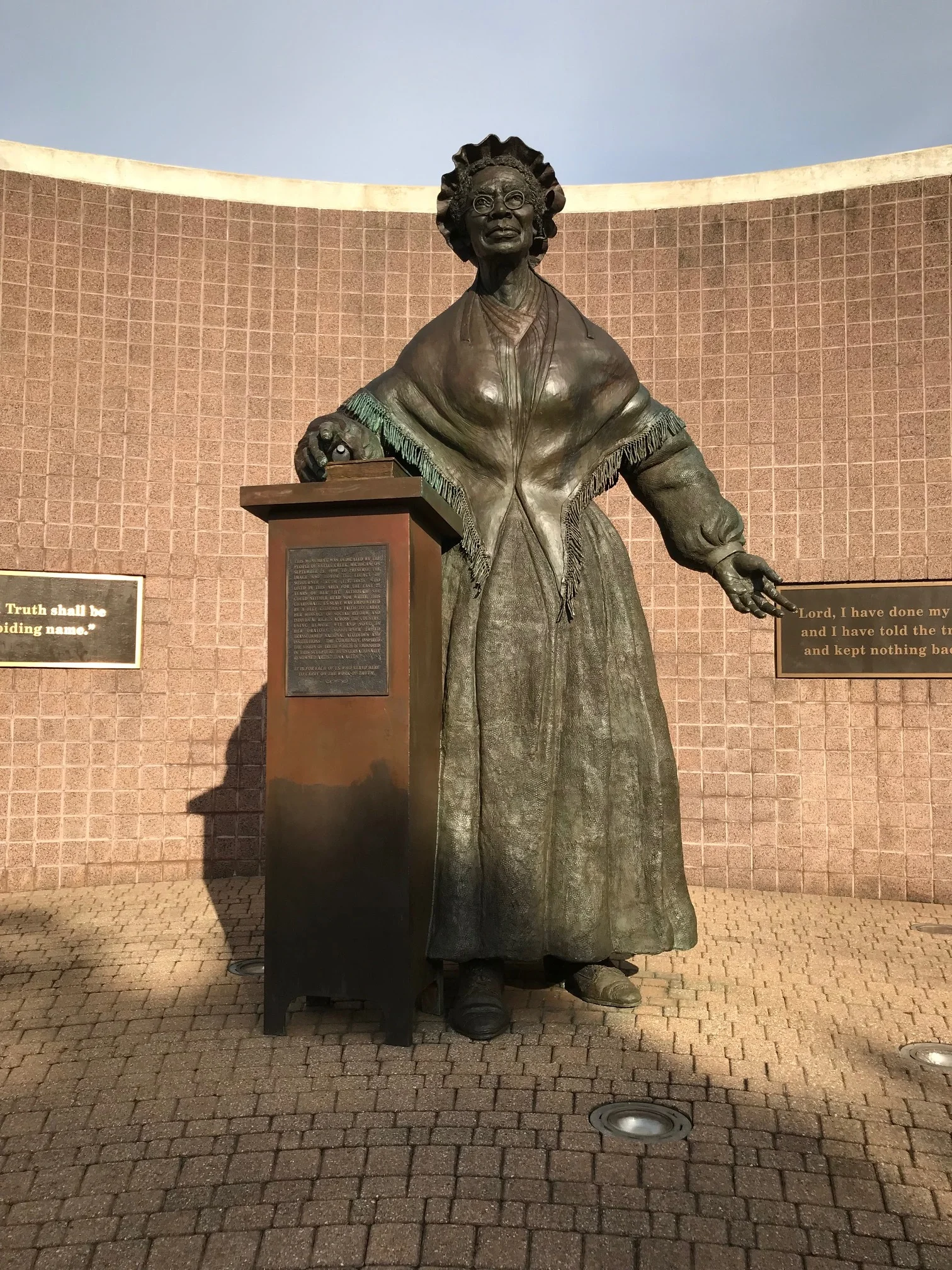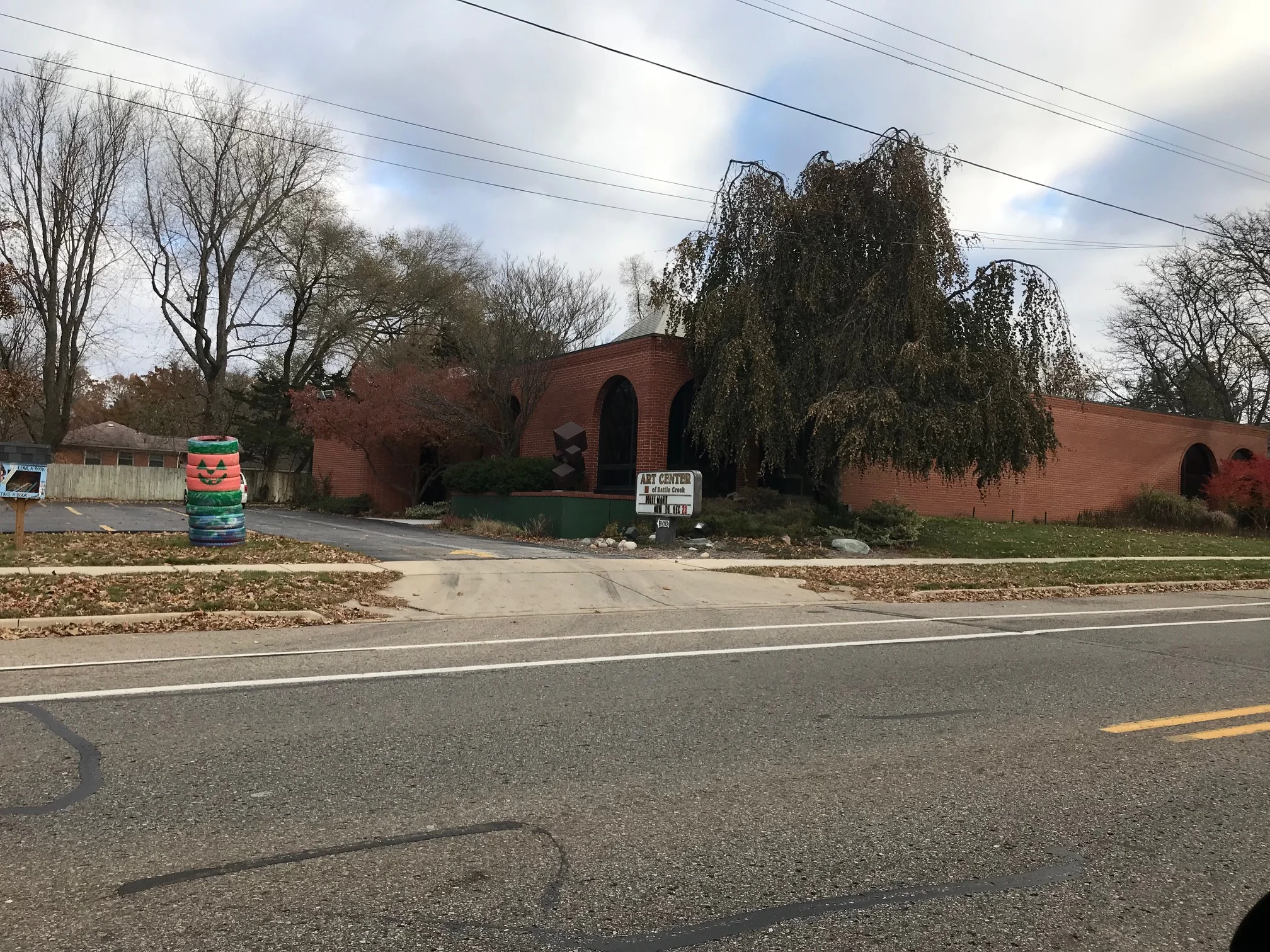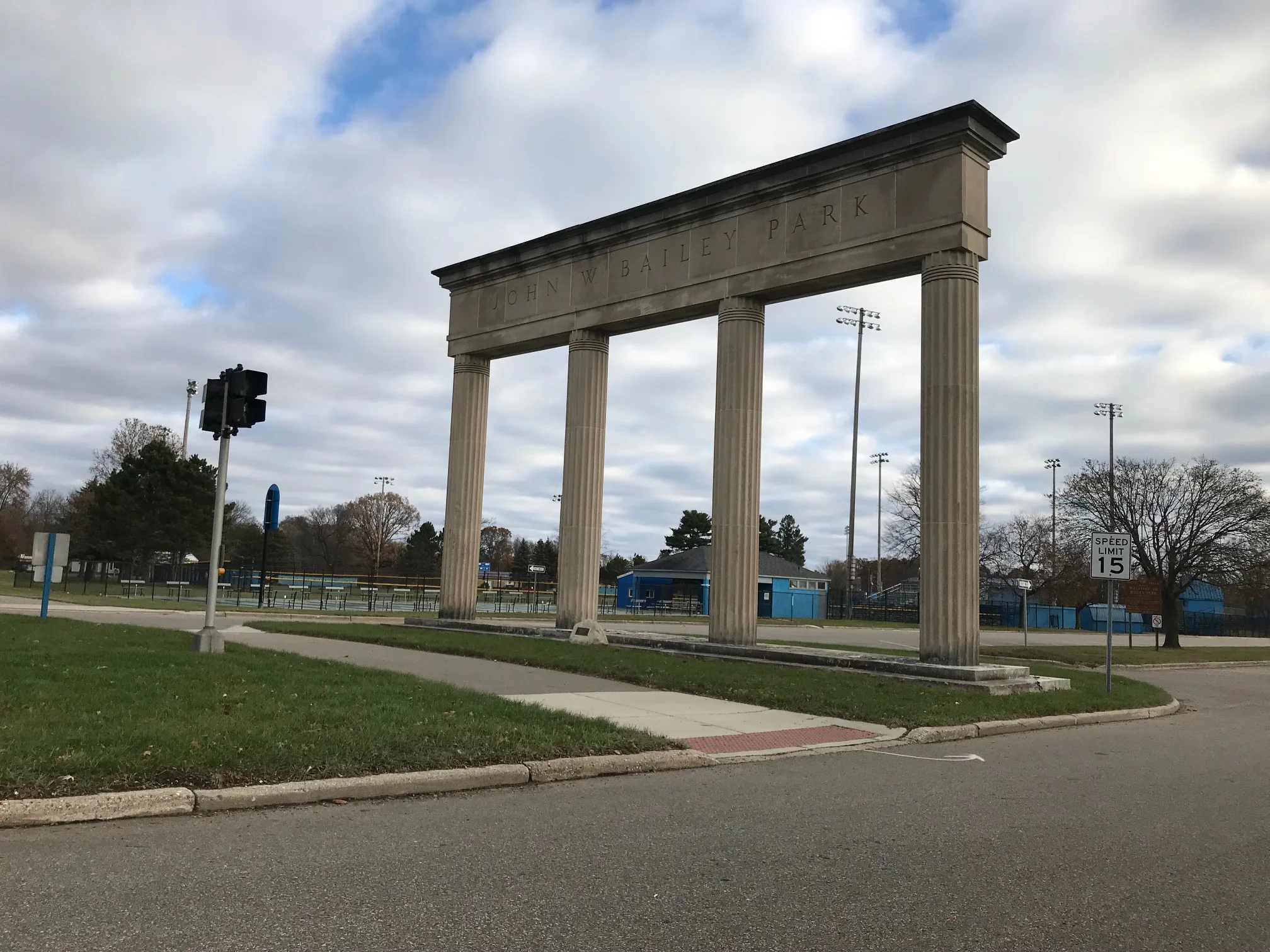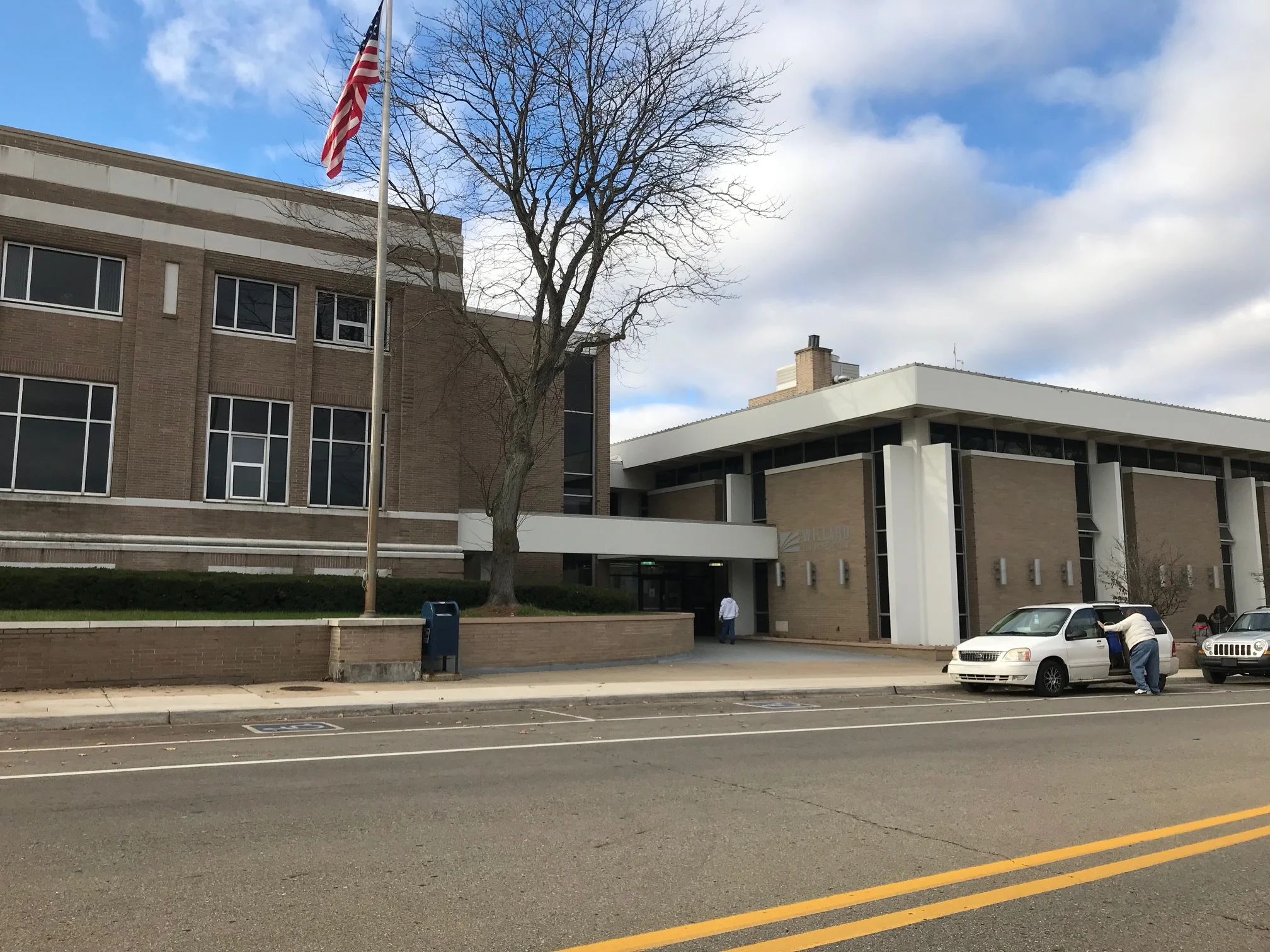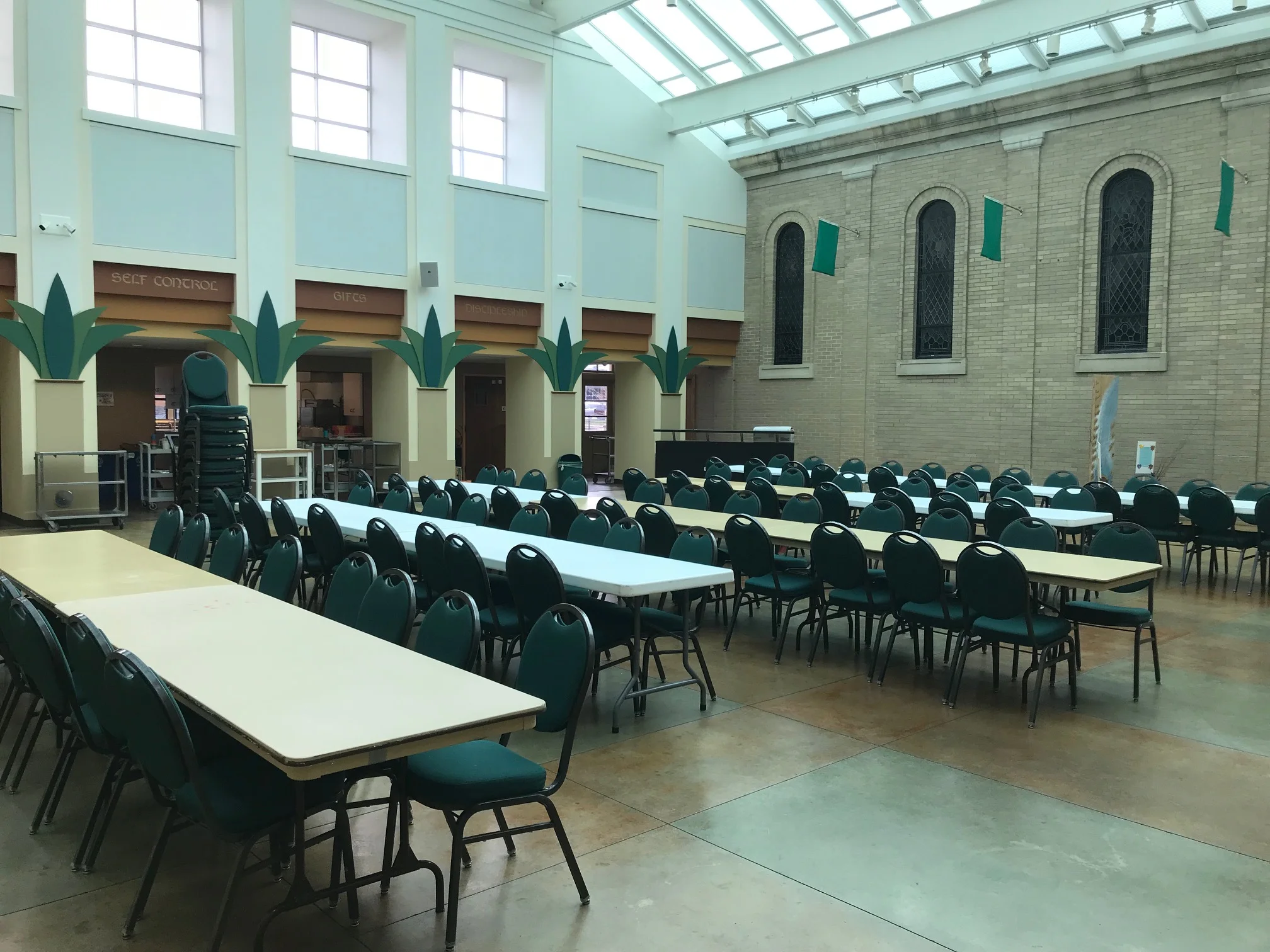Who is Colleen Miner?
Colleen Miner is originally from Omaha, Nebraska. She moved to Jackson, Michigan, when she was five and lived various places after that. She attended Grand Valley State University for her freshman year and then transferred to Michigan State University where she completed her degree, spending a semester abroad in London. She has two kids, one of who is her twenty-six year-old autistic daughter, whom she still provides full care to. She is actively involved in her UCC (United Church of Christ) church. .
Excerpt from interview with Colleen Miner by Whitney Dow, 2017
Q: And so what happened to the initiative at your church when they started addressing this? How did they address it? And did they sort of give strategies, or was there follow up and other things they wanted to—was the idea to integrate the church? Was the idea to, like, raise consciousness among the congregation? Can you talk to me a little bit about that initiative?
Miner: [19:19:49] Yes, there was that. And it was actually led by Black people as well. I mean, it wasn’t just all of us White people getting together talking about it, we had presenters come in on, you know, sensitivity trainers, people that would talk about what the experience of being Black in America is all about. And we did a little bit of history. Like, we looked at things historically and the fact that, you know, there were supposed to be initiatives in the ’50s, ’60s, whatever, after the war that sort of gave Black men the opportunity to be on an even stand in the military with White soldiers, but when they came home they were sort of denied the privileges that the White war veterans were getting, such as housing and, like, banking, the ability to get loans, and things like that. And how that impacted and continues to impact for decades the mobility of the Blacks in our culture.
And so that began a couple years ago, and that was talked about, and I just don’t think that there’s a lot of follow up on that anymore. There was another switch that happened where we focused more on the idea then of the gay community, the LGBTQ community, and opening our doors for them. And so there has more currently been a lot of focus on that. And we began this second service specifically geared for the LGBTQ community and welcoming them in. You know, not just tolerating it, but embracing it and saying, more than just tolerating, “You’re good. We don’t have any judgments.” So it’s kind of shifted from the Black community, and never really stayed super, super strong in that, although there have been different groups in the church that began, like even ten years ago, began a kind of a weekly interracial breakfast meeting group, where they continue to do that. Another one started after that. But again with my daughter’s need for care and attention it limits what I can do and what I have been able to do.
Q: What denomination are you? What’s the church like?
Miner: [19:22:36] It’s UCC [United Church of Christ]. It’s the First Congregational Church of Battle Creek. It’s a UCC church. I was not raised UCC. I was raised United Methodist and I always thought that that was a pretty fair denomination, but we kind of fell into the UCC church sort of accidentally. When my daughter was very young it became very difficult to attend church, because of her autism, and my husband worked every other Sunday—every other weekend really—so attending church as a single parent of a four-year-old with autism when she’s in that head banging stage—and luckily she outgrew that pretty quick—but she was very hard to handle. And so my husband would listen on the radio to church when he worked and he liked the First Congregational Church. And eventually we decided to try it, and immediately, almost the first day I attended, just by chance I met a woman whose granddaughter has Williams Syndrome. And so there was just, like, an immediate connection there and I realized that this could be a place where we would feel pretty welcome. And so that’s the way it’s been.
Interview Transcript
Participant-Submitted Photos
